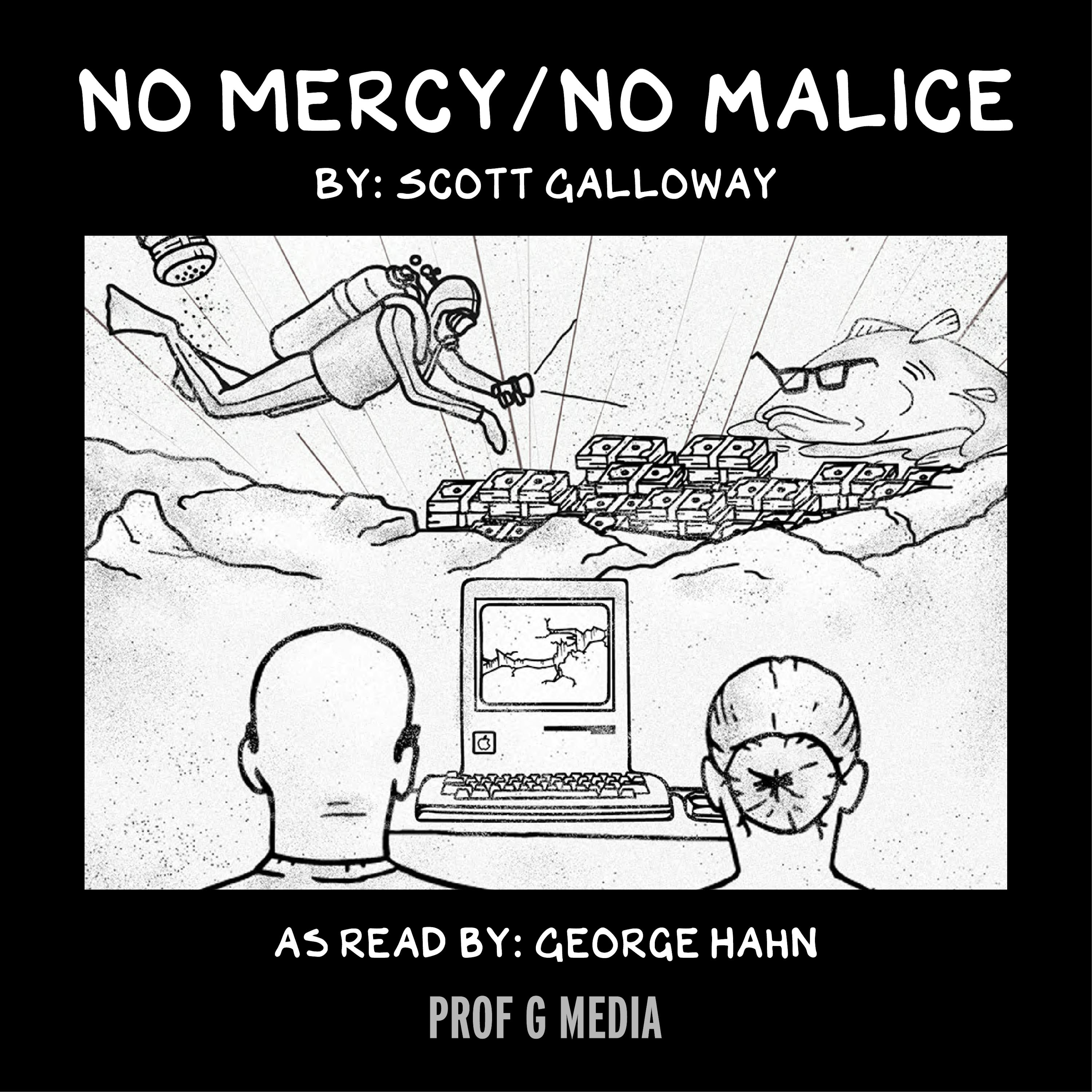Teaching Young Men to Invest, Mental Health at Work, and What Charlie Kirk Got Wrong (and Right)
Scott answers a teacher’s question on getting teens to value compounding over gambling, shares how to be candid about mental health with employers without oversharing, and offers thoughts on how to find common ground across politics.
Want to be featured in a future episode? Send a voice recording to officehours@profgmedia.com, or drop your question in the r/ScottGalloway subreddit.
Learn more about your ad choices. Visit podcastchoices.com/adchoices
Want to be featured in a future episode? Send a voice recording to officehours@profgmedia.com, or drop your question in the r/ScottGalloway subreddit.
Learn more about your ad choices. Visit podcastchoices.com/adchoices
Press play and read along
Transcript
Transcript is processing—check back soon.
The Prof G Pod with Scott Galloway — Teaching Young Men to Invest, Mental Health at Work, and What Charlie Kirk Got Wrong (and Right)





